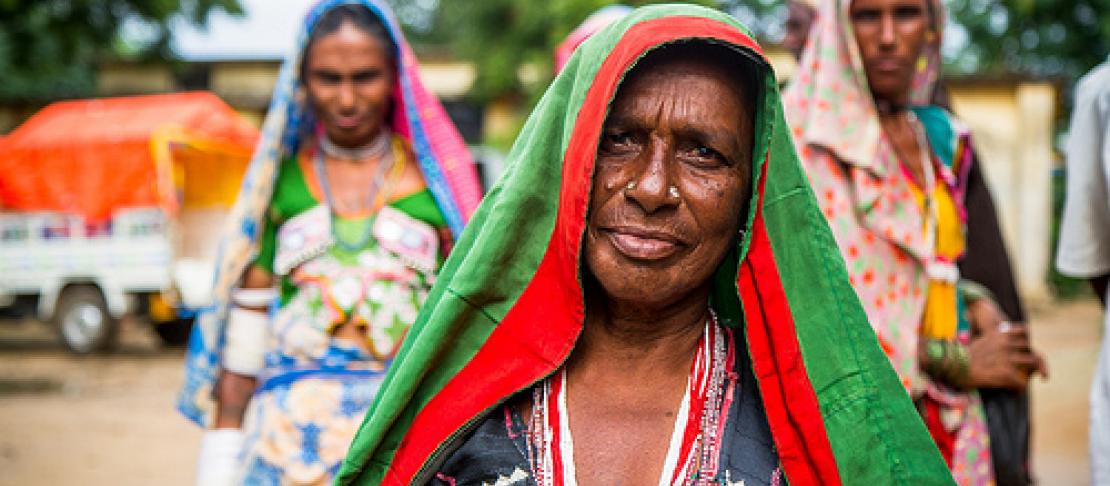"Reaching farmers with climate information is mission possible"

”If we are to be successful in going from research to practice, it is important to keep farmers at the centre. This ranges from the design and delivery, to the evaluation of the participatory project.” This said climate scientist Arame Tall at a recently held side event at the Conference on Climate Smart Agriculture in Davis, California.
The session discussed ways to increase the likelihood that research will influence changes in policies, institutions and technologies. Read more about the session on the theme "Linking knowledge with Action" in our first blog story ”Turning research into actions that matter.”
This story continues on the same topic, further investigating key aspects of research projects that will increase the likelihood that the research we conduct is transformed into actions on the ground.
Arame told the audience members, that, based on CCAFS experiences working in Africa and South Asia on climate information, interacting with farmer communities and engaging in dialogues, were critical in understanding their specific needs. Through open spaces for iterative dialogues, users could be equipped with relevant information to improve their farm-level decisions, she explained.
View Arame Tall's presentation "Climate Services: Empowering Farmers to Confront Climate Risks - Lessons from Africa and South Asia" from the conference:
”This effort, to co-produce climate information products together with farmers, led us to identify the communication channels that were relevant to them,” said Arame. These channels included text messages in local languages to their cell phones, effective in reaching both male and women farmers, encouraging forecast-bulletin boards posted in strategic outposts across villages, or spreading information at the village mosque or borehole, where women gather in the mornings to fetch water.
”A better understanding of the specific needs of different groups is needed if we are to better equip them with relevant information,” she told the audience.
Going forward, one important aspect in order to overcome challenges to effective climate service delivery, is through implementing a coordinated approach. By brokering a needed partnerships between national hydro-met services and national agricultural research systems (NARS) extension services, while at the same time keeping a focus on equity considerations, could make sure that underserved groups within a community, such as women and lower caste farmers, are reached by climate information.
”Reaching farmers at scale with climate information to support their decision-making under a changing climate is mission possible,” Arame concluded, ”but we will need all actors from global to local to join hands to meet the needs of farmers under a changing climate and empower them to confront climate risks.” CCAFS aims to scale up climate services to millions of farmers across Africa and South Asia.
Read more about our climate service activities in Mali and India, on our recent workshop page "Scaling up Climate Services for Farmers in Africa and South Asia".
Arame Tall is a climate scientist for CCAFS Theme 2: Managing Climate Risks. Learn more about how farmers can manage risks under an increasingly variable climate by getting the latest updates from our Facebook and Twitter: @Cgiarclimate. Story edited by Cecilia Schubert, CCAFS Communications Assistant.



